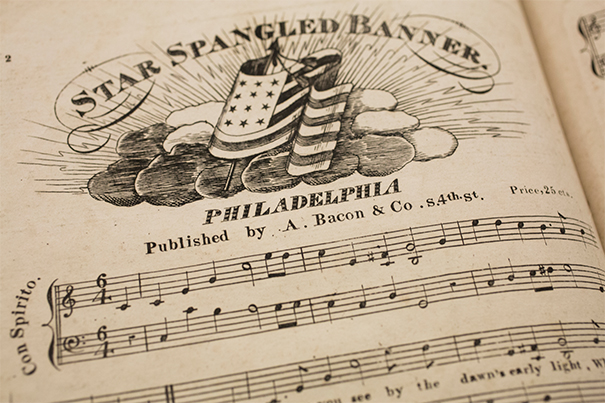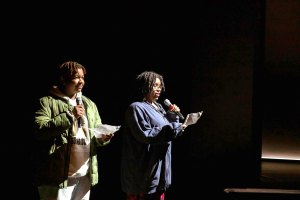Arts & Culture
-

Voice of a generation? Dylan’s is much more than that.
Classics professor who wrote ‘Why Bob Dylan Matters’ on the challenge of capturing a master of creative evasion
-

Holiday treats from the kitchen of Julia Child
Recipes from celebrity chef’s archive at Radcliffe
-

How a ‘guest’ in English language channels ‘outsider’ perspective into fiction
Laila Lalami talks about multilingualism, inspirations of everyday life, and why she starts a story in the middle
-

Potter gets fired up about helping students find their own gifts
Roberto Lugo says his art creates conversations and ‘that’s where the magic happens’
-
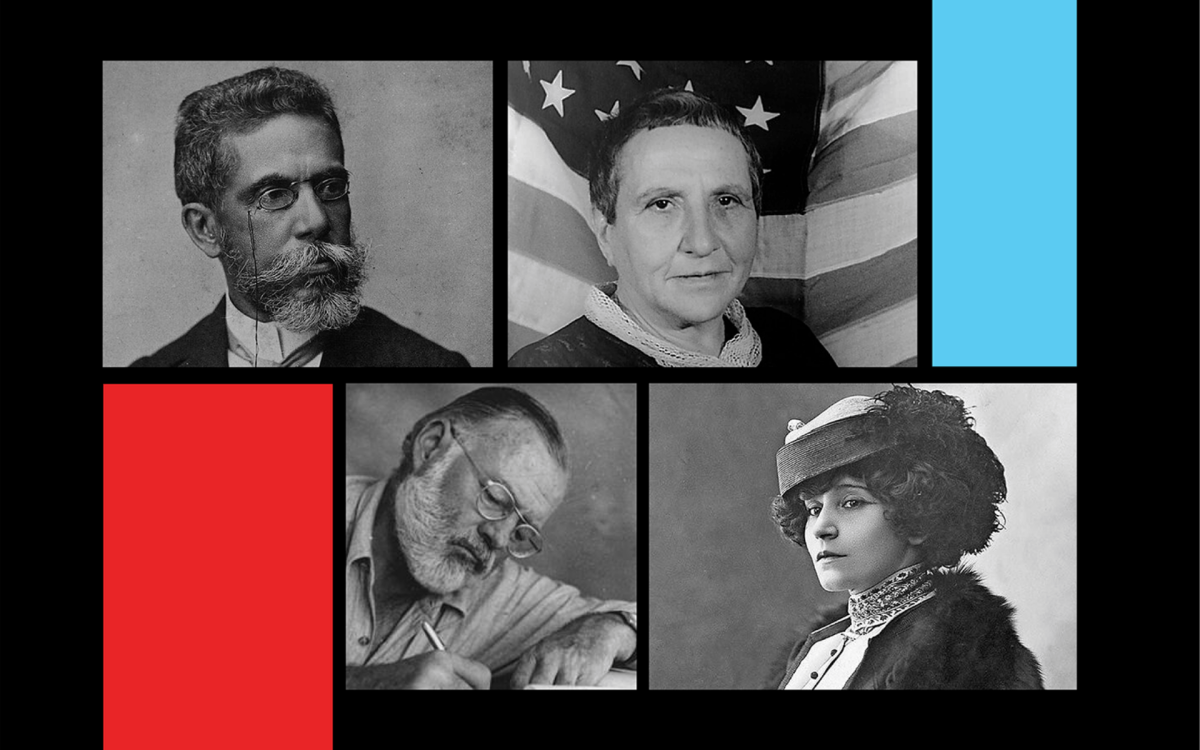
The 20th-century novel, from its corset to bomber jacket phase
In ‘Stranger Than Fiction,’ Edwin Frank chose 32 books to represent the period. He has some regrets.
-
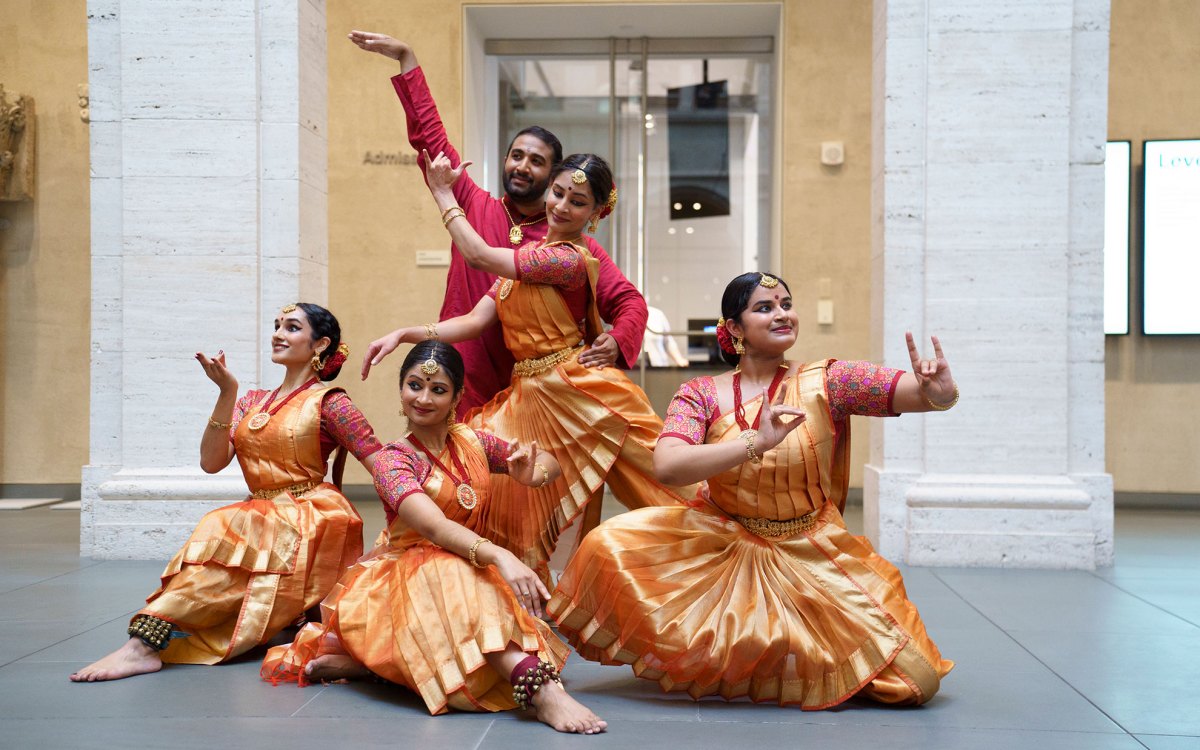
Dance the audience can feel — through their phones
Engineer harnesses haptics to translate movement, make her art more accessible

-
A journey into illness
Poet and memoirist Meghan O’Rourke is using her time as a Radcliffe Fellow to write “What’s Wrong With Me,” a chronicle of her struggles with autoimmune disease.

-
Pulling art from the bin
The new American Repertory Theater play “O.P.C.” examines the culture of consumerism while the production team takes the message to heart.

-
Angela Lansbury’s long run
From the 7-year-old terrified by “King Kong” to the 89-year-old still bravely stepping out on stage, Angela Lansbury reflects on her 70 years in show business.
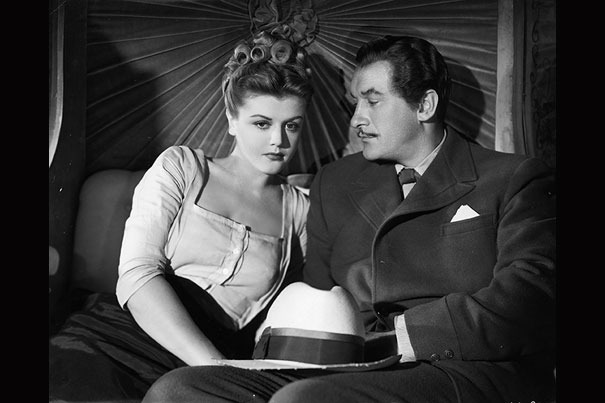
-
Encounters with Tennessee Williams
A comprehensive collection of material at Houghton Library shines a light on the life and work of Tennessee Williams.
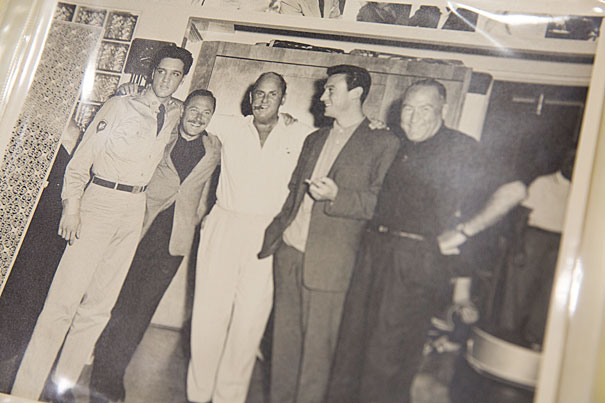
-
Lansbury returns to Harvard
Stage, screen, and television icon Angela Lansbury, at 89, makes her second visit to Harvard, for a screening of a film at the Harvard Film Archive.
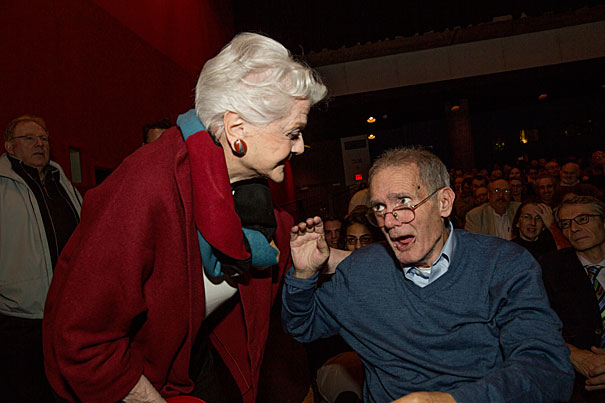
-
The mission of art museums
In 20 years as the director of the Museum of Fine Arts, Boston, Malcolm Rogers has often courted controversy with his enthusiastic embrace not only of new media, but new definitions of art itself. Rogers gave the Lowell Lecture at Emerson Hall on Thursday evening.
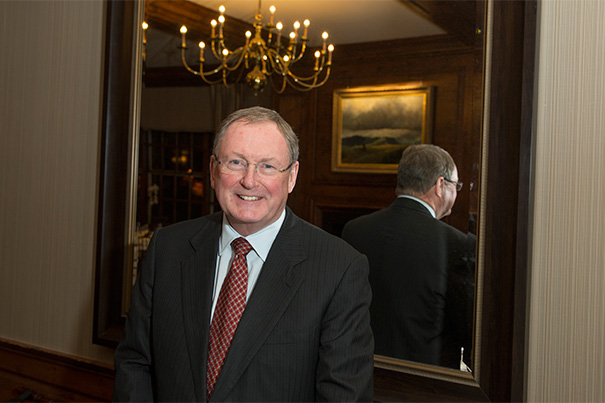
-
Daoism’s ongoing influence
James Robson, professor of East Asian languages and civilizations, has edited the Daoism volume of “The Norton Anthology of World Religions.”
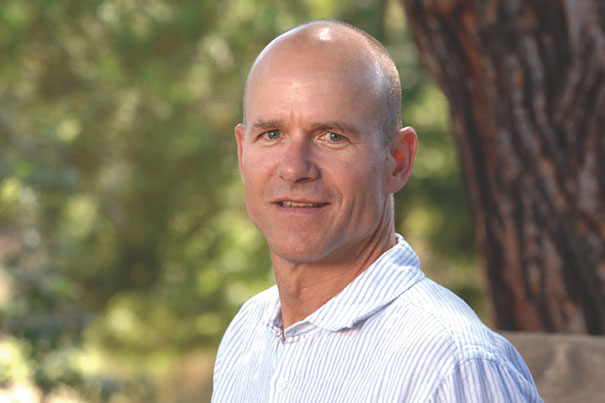
-
Activating a new space
A select group of Harvard students witnessed the installation of a kinetic sculpture in the Harvard Art Museums by contemporary German artist Rebecca Horn on Nov. 5.
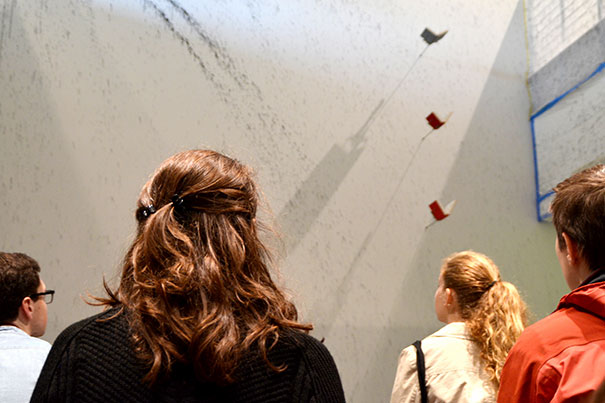
-
Ukraine comes into focus on film
Harvard Library is sponsoring a series of films by Ukrainian filmmaker Sergei Loznitsa in conjunction with its exhibit “Lives of the Great Patriotic War.” The film series continues Nov. 15 and 17. The exhibit is open through Nov. 26 at the Pusey Library.
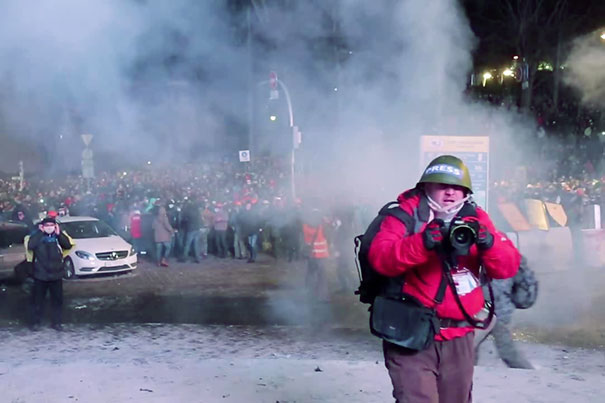
-
Foreshadowing feminism
Organizing and canvassing for anti-slavery petitions by women from 1833 to 1845 was a transformational training ground for suffragettes and other social activists following the Civil War.

-
A sense of Wonder
Harvard historian discusses the topic of her latest book, “The Secret History of Wonder Woman.”

-
Art’s shining future
The renovated and expanded Harvard Art Museums reopen on Nov. 16 with a new building designed by Italian architect Renzo Piano that unites the Fogg Museum, the Busch-Reisinger Museum, and the Arthur M. Sackler Museum under one shining glass roof.
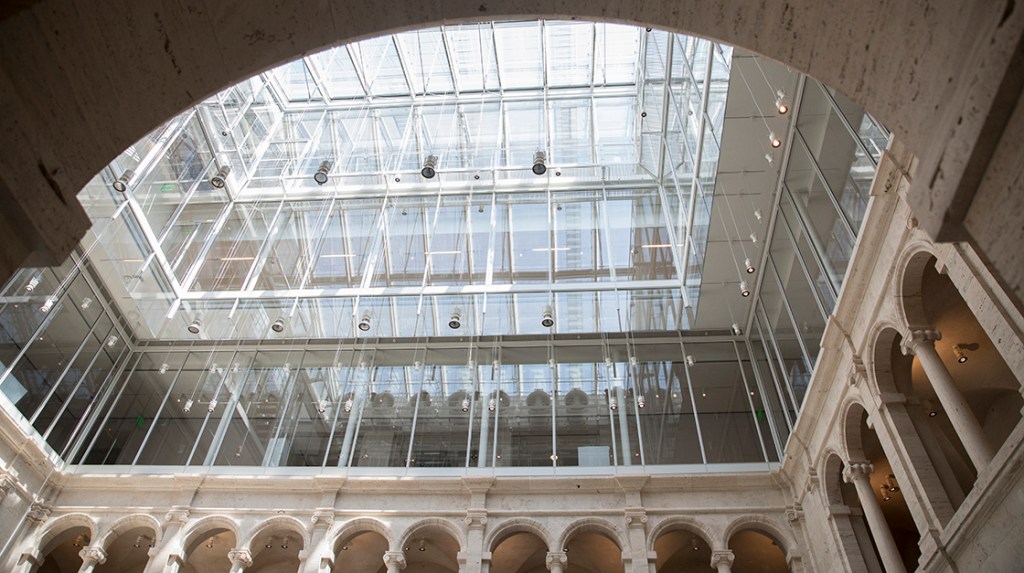
-
Harvard’s new home for art
After six years, the Harvard Art Museums will reopen to the public on Nov. 16. The renovation and restoration has united the Fogg Museum, the Busch-Reisinger Museum, and the Arthur M. Sackler Museum under a spectacular glass roof. Get an inside look at the Harvard Art Museums’ transformation in Monday’s daily Gazette, which will feature a special edition dedicated exclusively to the renovation and reopening.
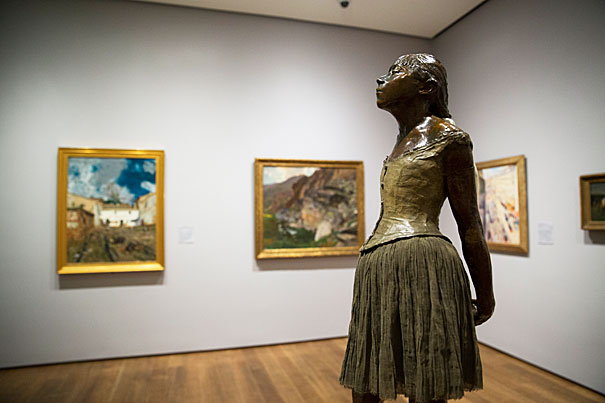
-
‘Dream Songs’ and demons
This month John Berryman’s longtime publisher, Farrar, Straus and Giroux, is marking his 100th birthday by reissuing some of his best-known work.
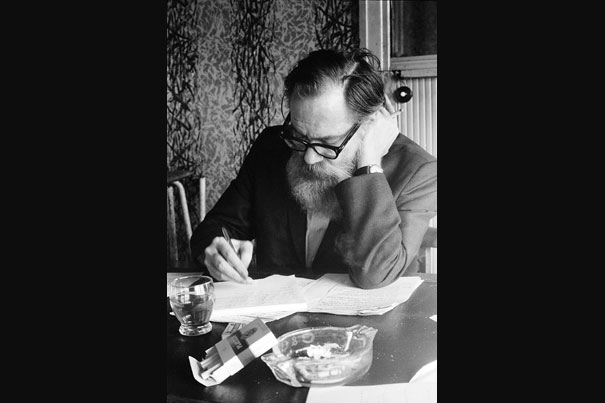
-
Literary devotion
Author Russell Banks talks about the search for spiritual meaning, in life and fiction, ahead of delivering the Divinity School’s 2014 Ingersoll Lecture on Immortality. The lecture will be held Nov. 5 at Sanders Theatre.
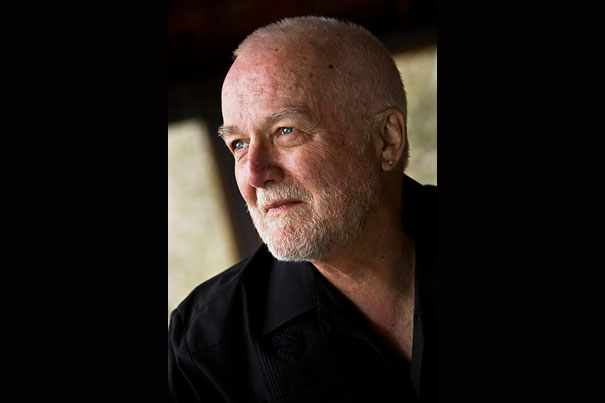
-
Forgotten Jewish fighters
Pusey Library exhibit “Lives of the Great Patriotic War” is a multimedia glimpse at surviving Jewish veterans whose presence in the Red Army is a little-known story.
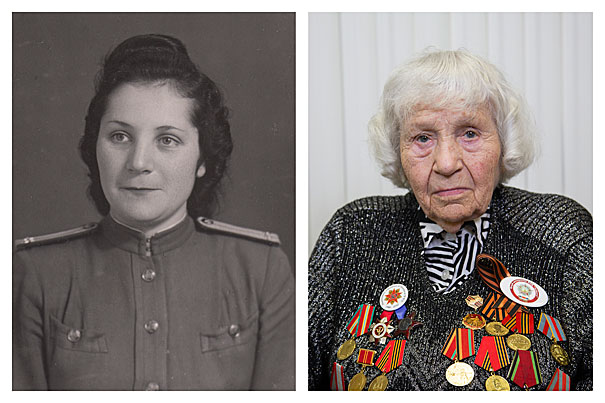
-
Making ‘The Friedkin Connection’ at Harvard
A gift to the Harvard Library from William Friedkin, the Academy Award-winning director/producer of such films as “The Exorcist” and “The French Connection,” will mark a new kind of collection for Harvard — cinema memoir.
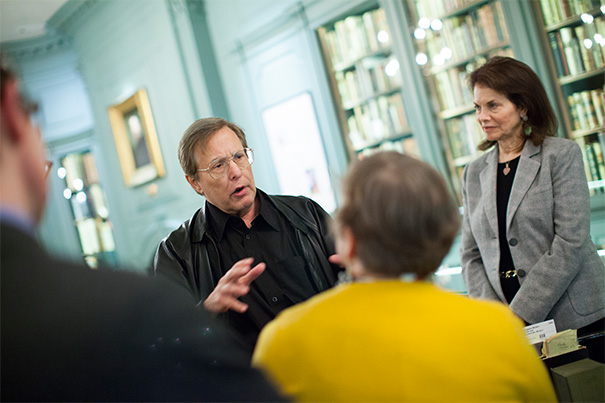
-
Is that Wallace Stevens?
Helen Vendler joined a Woodberry Poetry Room event to celebrate the recent discovery of recordings of readings by Wallace Stevens circa 1954.
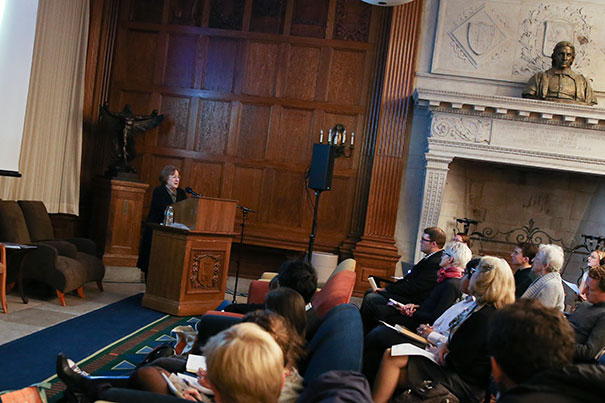
-
Cooper Gallery makes an entrance
Architect and curator David Adjaye, co-curator Mariane Ibrahim-Lenhardt, art collector Jean Pigozzi, and Director Vera Grant led an open house and tour of the new Ethelbert Cooper Gallery of African & African American Art, which will open this week.
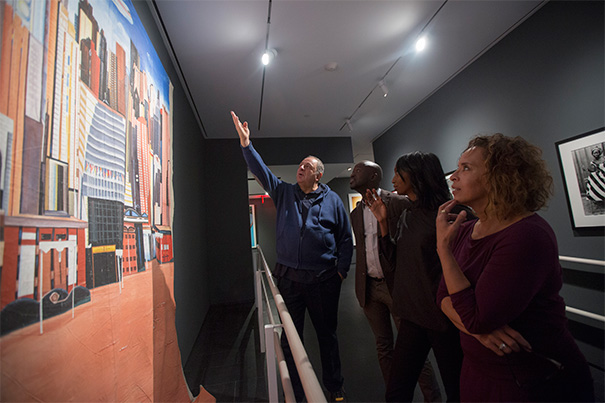
-
Building outward
New director James Voorhies hopes to make the Carpenter Center a more inviting space.

-
Hanging a welcome sign for art
Thomas W. Lentz, director of the Harvard Art Museums, led a panel discussion about the role of the university art museum as a laboratory for learning in an academic setting and in the broader cultural ecosystem.
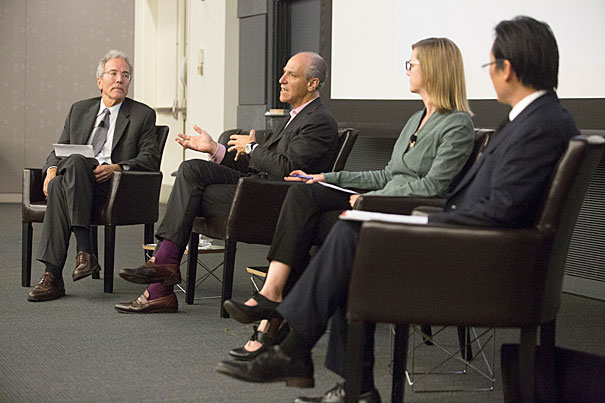
-
‘Fight Church’ raises some questions
Can you love your neighbor as you punch him in the face? That’s one question posed by “Fight Church,” a documentary that will be screened on Monday during an event hosted by the Science, Religion, and Culture Program at Harvard Divinity School.

-
Stages of conflict
“From the Alps to the Ocean: Maps of the Western Front,” at Pusey Library through Nov. 11, captures the magnitude and destructive momentum of World War I.

-
Revolutionary thinker
In his new book, “The Royalist Revolution: Monarchy and the American Founding,” Professor of Government Eric Nelson focuses on abuses of the British Parliament, rather than the actions of the crown, as the central force behind the Revolution.
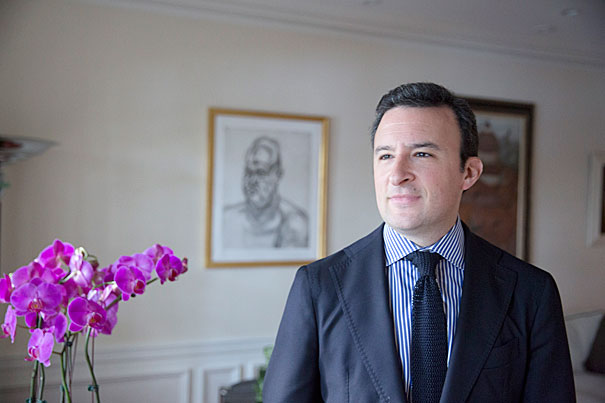
-
More art sees the light
A new gallery at the Harvard Art Museums will display art from various other University institutions.
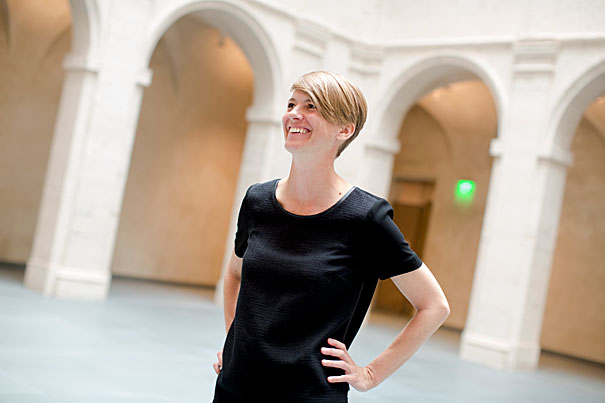
-
A bookbinding bonanza
A new exhibit at the Houghton Library, “InsideOUT: Contemporary Bindings of Private Press Books,” showcases artistic and innovative approaches to the traditional craft of bookbinding, reminding viewers that books are not just text.
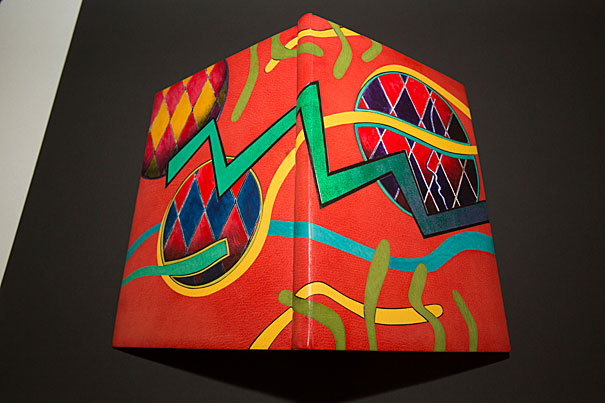
-
Watching the watchers
Harvard fellow Adam Tanner talks about his new book, “What Stays in Vegas: The World of Personal Data — Lifeblood of Big Business — and the End of Privacy as We Know It.”

-
‘Ulysses’ unlocked
A new book by Harvard lecturer in history and literature Kevin Birmingham tracks the challenge of bringing “Ulysses,” the masterwork by James Joyce, to the page and to the public.
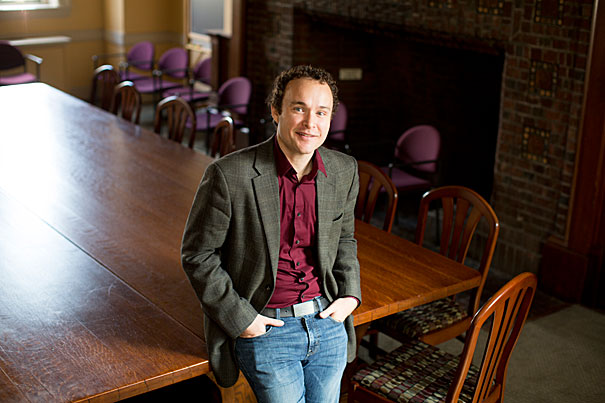
-
A leap for the Loeb
The Loeb Classical Library Foundation has joined with Harvard University Press to digitize all of the library’s 520-plus volumes.
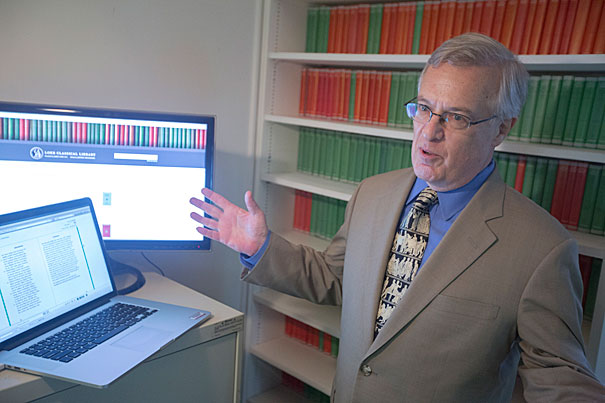
-
Star-spangled beauty
Harvard scholars reflect on the lyricism, the language and the legacy of the national anthem “The Star-Spangled Banner” on its 200th anniversary.
